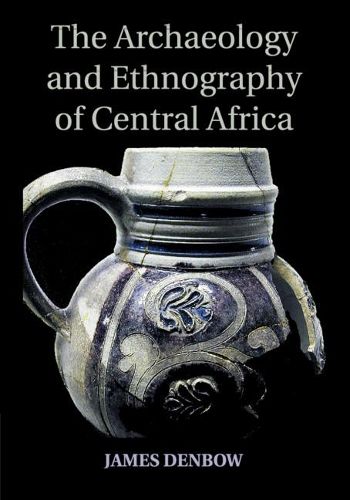Readings Newsletter
Become a Readings Member to make your shopping experience even easier.
Sign in or sign up for free!
You’re not far away from qualifying for FREE standard shipping within Australia
You’ve qualified for FREE standard shipping within Australia
The cart is loading…






The Archaeology and Ethnography of Central Africa provides the first detailed description of the prehistory of the Loango coast of west-central Africa over the course of more than 3000 years. The archaeological data presented in this volume comes from a pivotal area through which, as linguistic and historical reconstructions have long indicated, Bantu-speaking peoples expanded before reaching eastern and southern Africa. Despite its historical importance, the prehistory of the Atlantic coastal regions of west-central Africa has until now remained almost unknown. James Denbow offers an imaginative approach to this subject, integrating the scientific side of fieldwork with the interplay of history, ethnography, politics, economics, and personalities. The resulting ‘anthropology of archaeology’ highlights the connections between past and present, change and modernity, in one of the most inaccessible and poorly known regions of west-central and southern Africa.
$9.00 standard shipping within Australia
FREE standard shipping within Australia for orders over $100.00
Express & International shipping calculated at checkout
The Archaeology and Ethnography of Central Africa provides the first detailed description of the prehistory of the Loango coast of west-central Africa over the course of more than 3000 years. The archaeological data presented in this volume comes from a pivotal area through which, as linguistic and historical reconstructions have long indicated, Bantu-speaking peoples expanded before reaching eastern and southern Africa. Despite its historical importance, the prehistory of the Atlantic coastal regions of west-central Africa has until now remained almost unknown. James Denbow offers an imaginative approach to this subject, integrating the scientific side of fieldwork with the interplay of history, ethnography, politics, economics, and personalities. The resulting ‘anthropology of archaeology’ highlights the connections between past and present, change and modernity, in one of the most inaccessible and poorly known regions of west-central and southern Africa.